
Researchers have developed an economic model to analyse the effects of the informal economy in Europe in order to examine how it relates to economic growth and policy.

Approximately one third of EU citizens rent from a private owner, but to date there are very few regulations that create an EU standard. A European initiative is surveying national tenancy laws and their connection to national housing markets.
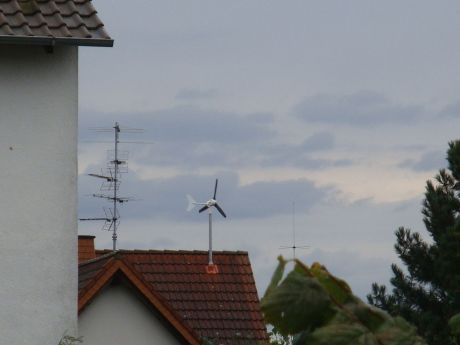
Unlike Europe's wide open spaces, little attention has been given to the assessment of wind power resources in an urban setting, under typical rooftop conditions. An EU-funded initiative is investigating this exciting commercial opportunity.

Researchers have studied the participation in European civic and political life of women of Muslim background, challenging assumptions of passivity. Empirical research was based on a comparison of Spain, France and the United Kingdom to uncover the group’s different modes of participation and action as well as enabling and/or constraining factors.

Turf grass production is getting a high-tech boost from an artificial intelligence and satellite imaging system that allows growers to precisely manage their sod farms.

Earth observation (EO) satellites populate massive and ever-growing remotely sensed data archives, but there are no standard tools to extract and analyse useful information. An EU-funded project has developed free/opensource software solutions to fill this gap.

EU-funded researchers are working on an optical printing technology to enable manufacturing of nanometre-scale semiconductor integrated circuits.

A novel system to ensure the circulation of highly secure cargo trucks on European roads will mean enhanced road safety and streamlined trade within the continent

Researchers have developed new nanoparticle surface treatments to prevent ice formation. Their work has improved our understanding of how icing of surfaces occurs.

The link between exposure to political violence and the development of aggression in children is gaining increased attention. Researchers examined this link in the context of the Israeli-Palestinian conflict, which has been ongoing unabated for over three generations.
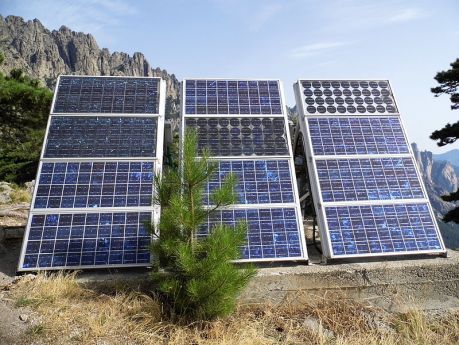
An EU-funded project improved links and strengthened the energy research potential in four different EU regions – Basque country, Cornwall, northern Hungary and Ostrobothnia. Sustainable energy will not only bring environmental but also economic benefits to the regions.

Online social networking (OSN) sites are reshaping the internet's structure, design and utility. They have the potential to transform consumer behaviour and impact traditional content, media and communications industries.

Researchers are improving food safety and health by developing a biological method to detect bacterial cells in contaminated food.

The world is undergoing a major transformation in the social, economic and environmental domains. An EU initiative has assessed the socioeconomic impacts of this global change on agriculture, forestry, energy, transportation, labour, health, population migration, competitiveness and trade in Europe.

Looking at Internet-mediated communication through a non-Western lens is useful in analysing the political sphere in contemporary semi-authoritarian Russia.

Institutions such as banks and insurance and credit card companies identify and report suspicious transactions, but are limited by conventional procedures and the international reach of financial crime. An EU initiative has brought the money laundering (ML) fight to new heights.

An EU group was set up to coordinate research into the promising field of cognitive radio networking (CRN). Results consist of novel ways of utilising newly available parts of the spectrum, involving new protocols, plus improved communications secrecy.
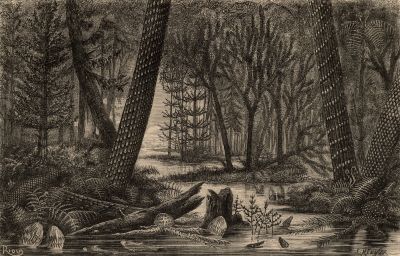
A recent research project has shown that high levels of carbon dioxide (CO2) in the atmosphere have historically been linked to major ocean extinction events.
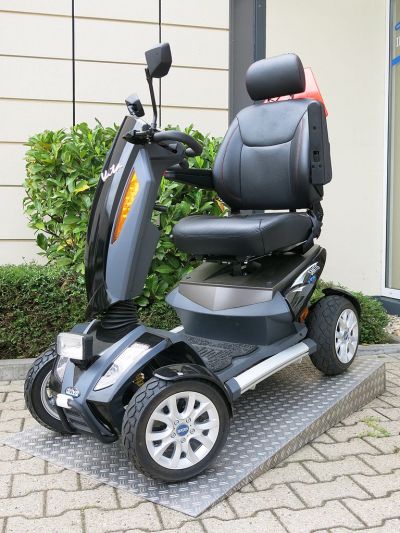
Many citizens take security, autonomy and influence for granted in the course of a normal day. For those with disabilities, taking advantage of these rights can be more difficult.
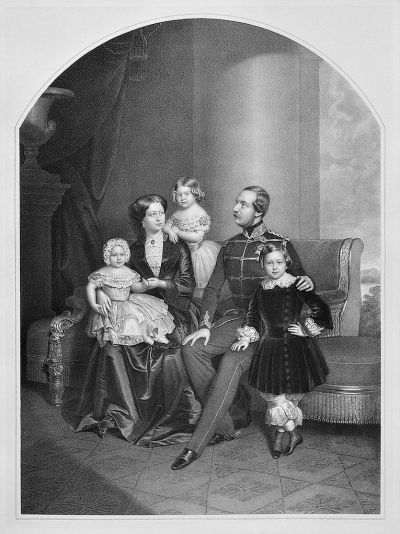
An EU-funded project is examining the diversity of family forms and new family configurations, assessing the compatibility of existing policies with these changes and identifying future policy needs. The initiative will provide a broader, research grounded basis for policy making at the European, the national and local level, relying on a multidisciplinary approach.
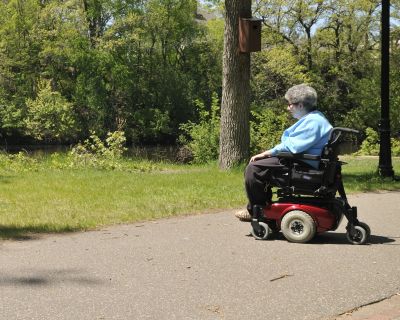
Many citizens take security, autonomy and influence for granted in the course of a normal day. For those with disabilities, taking advantage of these rights can be more difficult.

Smart meters deliver substantial energy and cost savings, but also raise privacy concerns. An EU initiative has created a system that tackles data protection, privacy and security issues voiced by consumers.
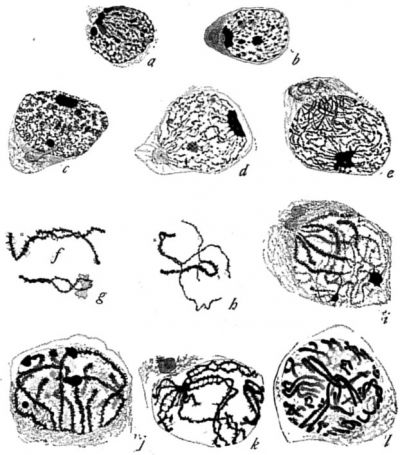
The classic evolutionary tree is challenged in the face of new genomic data. Using mathematical and computational tools, the more complex phylogenetic network is better suited to accurately represent complex evolutionary relationships.
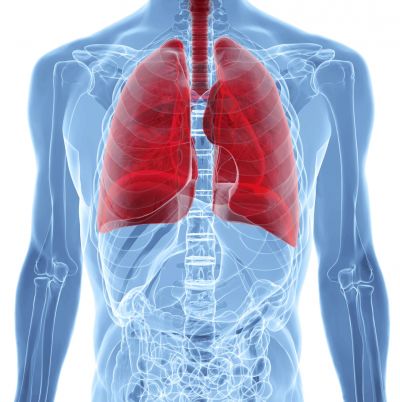
Human and bovine tuberculosis (TB) are global health problems of immense social and economic importance. Urgently needed diagnostic methods capable of differentiating between active and latent infections are under development.

Children exposed to political violence exhibit maladaptive behaviours. The EU-funded project SIP IN ISRAEL project adopted a practical and theoretical approach to the origins of these behaviours and their links.
























